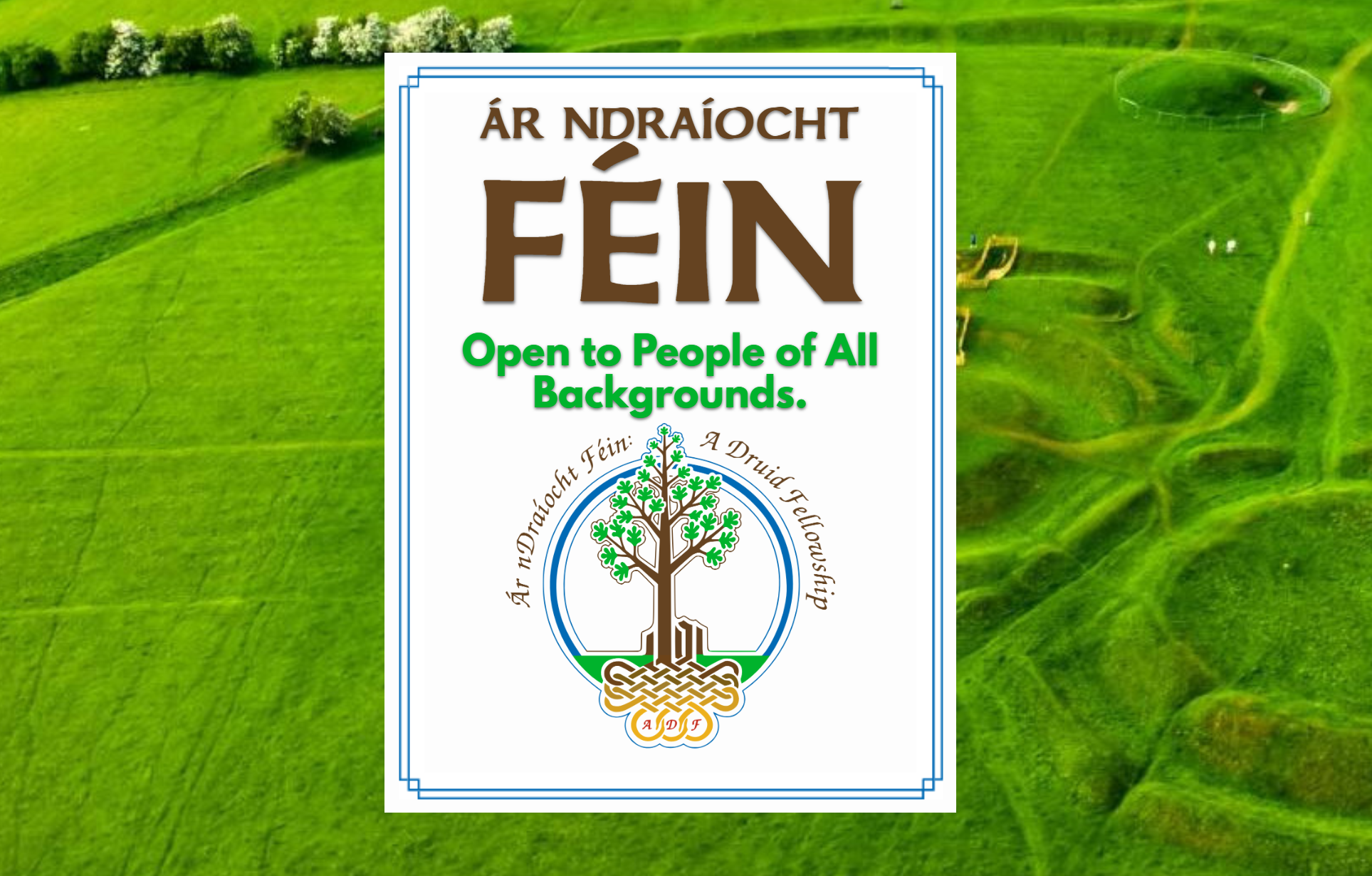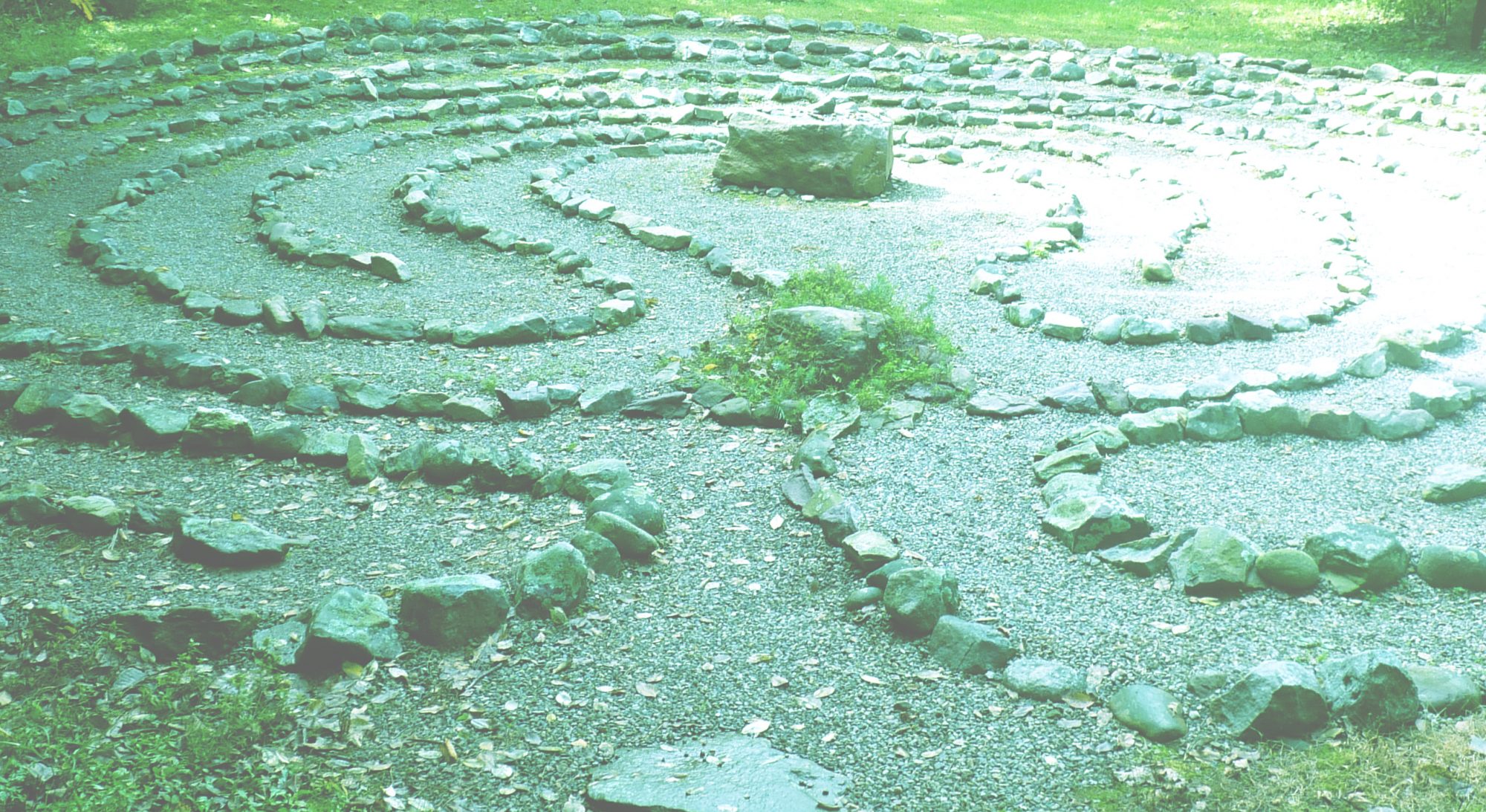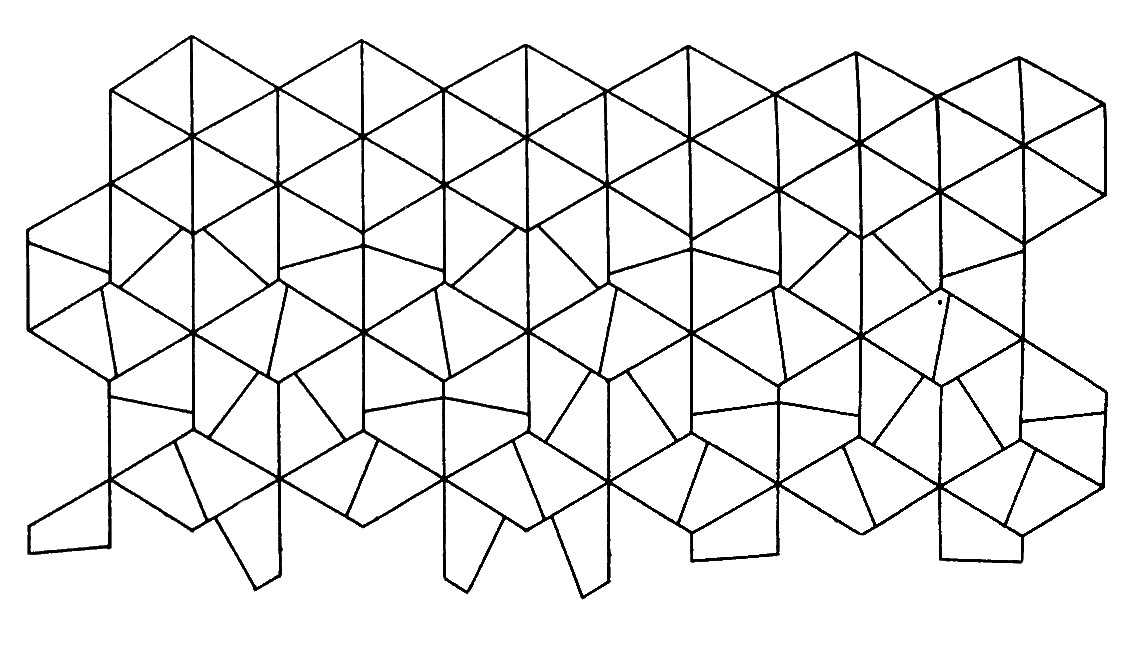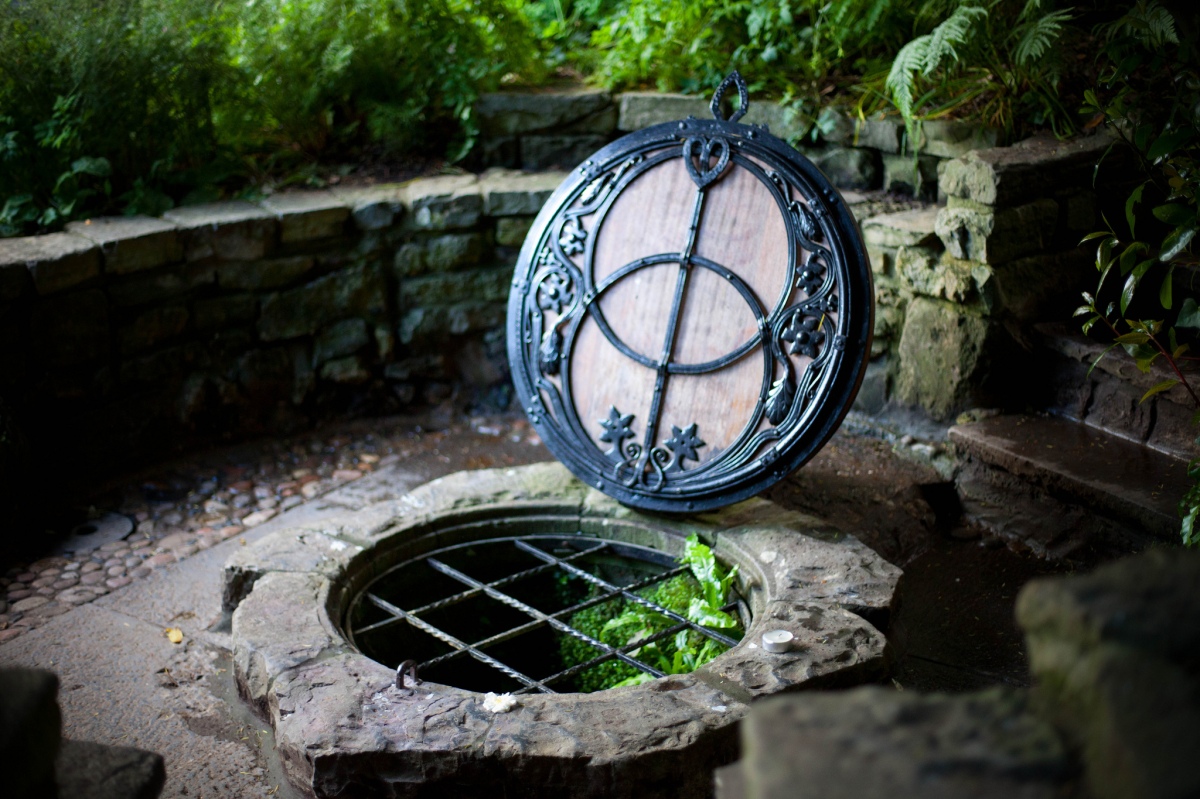www.adf.org/about/basics/druidism-wicca.html) as it says it much
better than I can in the space available, assuming we are not talking about Wiccans with Drudiry in their practice. Druids are not Wiccans, Wiccans are Not Druids.
ADF Ritual:
I will only speak of ADF Reconstructionist Druidism and ritual as that is what I have the experience in.
First thing to note, is ADF is not just strictly about Celtic spirituality, but rather Pan Indo-European. Most Groves are some form of Celtic Hearth (Culture) in their focus, but Isaac and the other founders made the choice to broaden the spirituality that could be picked on. So while the term “Druid” is used, one could also call them selves Magi, Flamen, etc if they are focusing on the appropriate culture.
Here is the basic layout of Ritual:
Core Order of ADF Ritual for High Days
1. Initiating the Rite - May include:
o Musical Signal
o Opening Prayer
o Processional
o Establishing the Group Mind
2. Purification - This must take place prior to Opening the Gates
3. Honoring the Earth Mother
4. Statement of Purpose
5. (Re)Creating the Cosmos
o Sacred Center must be established in a triadic Cosmos
o The Three Worlds or Realms must be acknowledged
o The Fire must be included
o Sacred Center is most commonly represented as Fire, Well and Tree
6. Opening the Gate(s) - Must include a Gatekeeper
7. Inviting the Three Kindreds
8. Key Offerings - This will commonly include:
o Invitation of Beings of the Occasion
o Seasonal customs as appropriate
o Praise Offerings
9. Prayer of Sacrifice
10. Omen
11. Calling (asking) for the Blessings
12. Hallowing the Blessing
13. Affirmation of the Blessing
14. Workings (if any)
15. Thanking the Beings
16. Closing the Gate(s)
17. Thanking the Earth Mother
18. Closing the Rite
Items that ADF Rituals Do Not Include
1. Elemental Cross Symbolism (the 4 Elements)
2. Casting Circles in public ritual
3. Calling Watchtowers or Elemental Guardians
4. Calling the dualtheistic Lord and Lady
5. Acknowledgement of one divine being with power over all
6. Blood Sacrifices
7. Non-Indo-European mythic and deity motifs
What is not emphasized by the above information is generally Druidic rituals are open to the public (ie you have to be a real douche to be excluded!).
That’s a start. Questions?
Gareth
better than I can in the space available, assuming we are not talking about Wiccans with Drudiry in their practice. Druids are not Wiccans, Wiccans are Not Druids.
ADF Ritual:
I will only speak of ADF Reconstructionist Druidism and ritual as that is what I have the experience in.
First thing to note, is ADF is not just strictly about Celtic spirituality, but rather Pan Indo-European. Most Groves are some form of Celtic Hearth (Culture) in their focus, but Isaac and the other founders made the choice to broaden the spirituality that could be picked on. So while the term “Druid” is used, one could also call them selves Magi, Flamen, etc if they are focusing on the appropriate culture.
Here is the basic layout of Ritual:
Core Order of ADF Ritual for High Days
1. Initiating the Rite - May include:
o Musical Signal
o Opening Prayer
o Processional
o Establishing the Group Mind
2. Purification - This must take place prior to Opening the Gates
3. Honoring the Earth Mother
4. Statement of Purpose
5. (Re)Creating the Cosmos
o Sacred Center must be established in a triadic Cosmos
o The Three Worlds or Realms must be acknowledged
o The Fire must be included
o Sacred Center is most commonly represented as Fire, Well and Tree
6. Opening the Gate(s) - Must include a Gatekeeper
7. Inviting the Three Kindreds
8. Key Offerings - This will commonly include:
o Invitation of Beings of the Occasion
o Seasonal customs as appropriate
o Praise Offerings
9. Prayer of Sacrifice
10. Omen
11. Calling (asking) for the Blessings
12. Hallowing the Blessing
13. Affirmation of the Blessing
14. Workings (if any)
15. Thanking the Beings
16. Closing the Gate(s)
17. Thanking the Earth Mother
18. Closing the Rite
Items that ADF Rituals Do Not Include
1. Elemental Cross Symbolism (the 4 Elements)
2. Casting Circles in public ritual
3. Calling Watchtowers or Elemental Guardians
4. Calling the dualtheistic Lord and Lady
5. Acknowledgement of one divine being with power over all
6. Blood Sacrifices
7. Non-Indo-European mythic and deity motifs
What is not emphasized by the above information is generally Druidic rituals are open to the public (ie you have to be a real douche to be excluded!).
That’s a start. Questions?
Gareth













Comment